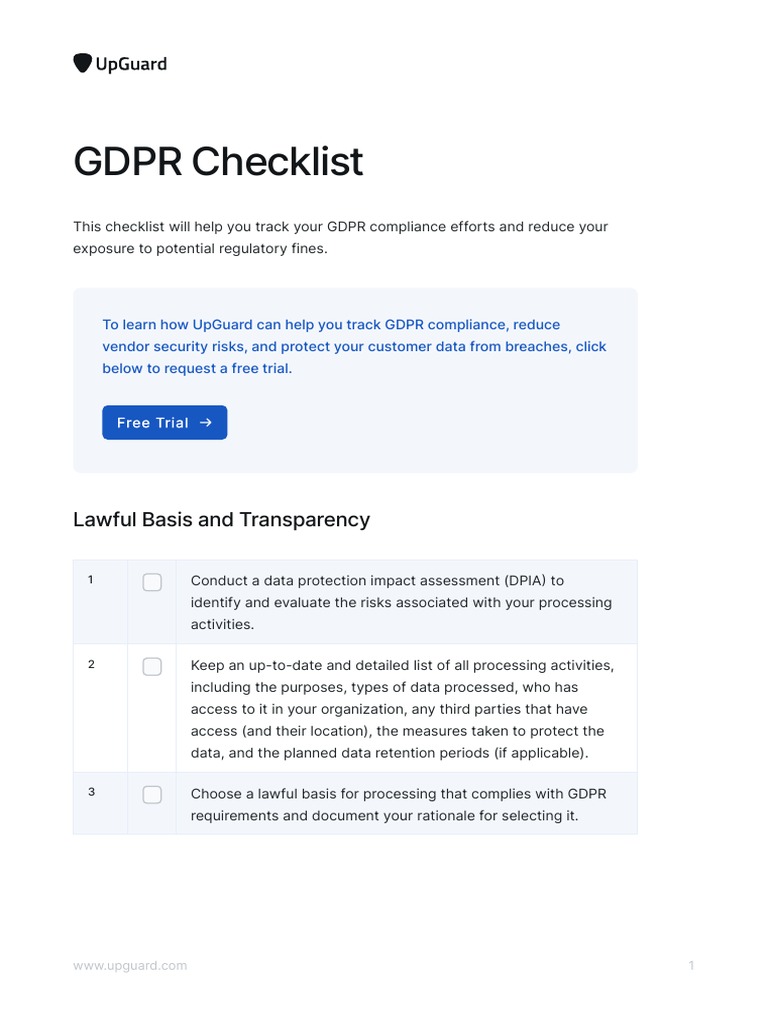
In the ever-evolving world of digital marketing, a well-crafted keyword strategy is essential for driving organic traffic, improving search engine rankings, and ultimately achieving business goals. Whether you’re a small business owner or a seasoned marketer, understanding how to build an effective keyword strategy can make all the difference in your online success.
What Is a Keyword Strategy?
A keyword strategy is a plan that outlines the keywords and phrases you will target on your website to improve your visibility in search engines like Google. It involves identifying the terms that your audience is searching for and incorporating them into your content in a natural and strategic way. This process not only helps your website rank higher but also ensures that your content resonates with your target audience.
The goal of a keyword strategy is to align your content with the search intent of your audience. Search intent refers to the reason why someone is searching for a particular term. It could be informational (seeking information), navigational (looking for a specific website), transactional (ready to make a purchase), or commercial investigation (comparing options). Understanding this intent allows you to create content that meets the needs of your audience and increases the likelihood of conversions.
Why Keywords Matter in SEO

Keywords are the foundation of any successful SEO strategy. They act as the bridge between what your audience is searching for and the content you provide. When you use the right keywords, you increase the chances of your content being found by potential customers. However, it’s important to note that simply stuffing your content with keywords won’t guarantee success. Search engines like Google prioritize quality content that provides value to users.
One of the key reasons keywords matter is that they help search engines understand the context of your content. By including relevant keywords, you signal to search engines what your page is about, which can improve your rankings. Additionally, keywords can help you attract more targeted traffic, leading to higher engagement and better conversion rates.
Understanding Search Intent
As mentioned earlier, search intent plays a crucial role in keyword strategy. To create effective content, you need to understand what your audience is looking for when they type a particular keyword into a search engine. There are four main types of search intent:
- Informational: Users are seeking information or answers to a question. For example, “how to bake a cake.”
- Navigational: Users are looking for a specific website or page. For example, “Facebook login.”
- Transactional: Users are ready to make a purchase or take a specific action. For example, “buy digital piano online.”
- Commercial Investigation: Users are comparing options before making a decision. For example, “best digital pianos 2025.”
By aligning your content with the search intent of your audience, you can create more relevant and engaging content that meets their needs. This not only improves your search rankings but also builds trust with your audience.
How to Build an Effective Keyword Strategy

Building an effective keyword strategy requires a combination of research, planning, and execution. Here are some steps to help you get started:
1. Conduct Keyword Research
The first step in building a keyword strategy is to conduct thorough keyword research. This involves identifying the keywords and phrases that your target audience is using to search for information related to your business. Tools like Google Keyword Planner, Ahrefs, and SEMrush can help you find relevant keywords and analyze their search volume and competition.
When conducting keyword research, consider both head terms and long-tail keywords. Head terms are broad, high-volume keywords that are often highly competitive. Long-tail keywords are more specific and have lower search volume but higher buyer intent. Focusing on long-tail keywords can help you attract more targeted traffic and improve your chances of ranking higher in search results.
2. Analyze Your Competitors
Analyzing your competitors’ websites can provide valuable insights into their keyword strategies and help you identify opportunities for improvement. Look at the keywords they are targeting, the content they are producing, and the backlinks they are acquiring. This information can help you refine your own keyword strategy and stay ahead of the competition.
3. Create High-Quality Content
Once you have identified the keywords you want to target, the next step is to create high-quality content that incorporates these keywords naturally. Your content should be informative, engaging, and relevant to your audience. Avoid keyword stuffing, as this can negatively impact your rankings and user experience.
Use your keywords in key areas such as your title, headings, meta description, and throughout your content. However, make sure to distribute them naturally and avoid overusing them. The goal is to create content that provides value to your audience while also optimizing for search engines.
4. Optimize Your Website Structure
Your website structure plays a significant role in your keyword strategy. Ensure that your website is organized in a way that makes it easy for both users and search engines to navigate. Use clear and descriptive URLs, optimize your page titles and meta descriptions, and ensure that your content is structured logically.
Additionally, make sure to include internal links to other relevant pages on your website. This not only helps users navigate your site but also signals to search engines that your content is interconnected and valuable.
5. Monitor and Refine Your Strategy
Keyword strategies are not static; they require ongoing monitoring and refinement. Use tools like Google Analytics and Google Search Console to track your website’s performance and identify areas for improvement. Pay attention to metrics such as organic traffic, bounce rate, and time on page to understand how your content is performing.
Regularly review your keyword strategy and make adjustments based on your findings. This may involve updating your content, adding new keywords, or refining your approach to better meet the needs of your audience.
Best Practices for Keyword Strategy
To ensure the success of your keyword strategy, it’s important to follow best practices that promote quality content and user experience. Here are some key tips to keep in mind:
- Focus on User Intent: Always consider the intent behind each keyword and create content that addresses the needs of your audience.
- Use Natural Language: Avoid keyword stuffing and focus on creating content that reads naturally and provides value to your readers.
- Optimize for Mobile: With the increasing number of mobile users, ensure that your website is optimized for mobile devices.
- Leverage Long-Tail Keywords: Target long-tail keywords to attract more targeted traffic and improve your chances of ranking higher.
- Update Content Regularly: Keep your content fresh and up-to-date to maintain relevance and improve your search rankings.
Conclusion
An effective keyword strategy is essential for driving organic traffic, improving search engine rankings, and achieving your business goals. By understanding the importance of keywords, analyzing search intent, and following best practices, you can create a keyword strategy that resonates with your audience and drives real results.
Remember, building a successful keyword strategy is an ongoing process that requires continuous research, optimization, and refinement. Stay informed about industry trends, monitor your performance, and adapt your strategy as needed to stay ahead of the competition. With the right approach, you can unlock the full potential of your online presence and achieve long-term success in the digital landscape.







